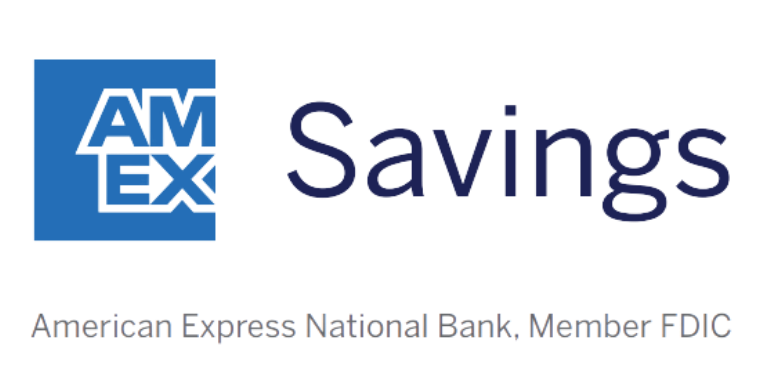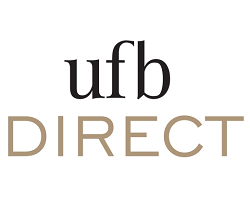Certificates of deposit (CDs) have been offering really competitive yields in the post-pandemic era. It’s possible to find many CDs that offer rates above 5.00% — so you can make good money by investing in them. That’s especially true considering the FDIC insures them and there’s very little risk of loss.
While it may be really tempting to buy a CD with such great rates, there’s one key piece of advice that I’d give to anyone who is thinking of adding this asset to their portfolio.
Don’t lock up money you might need during your CD’s term
If you’re considering diving into CD investing, the single most important thing I would tell you is to make absolutely 100% certain that you are not going to need to break your CD early.
See, CDs aren’t like savings accounts. You can’t just put money into them and withdraw it whenever you decide that you need it. You have to commit to a term when you buy a CD. Usually, banks offer CDs with terms as short as three months and as long as five years.
Our Picks for the Best High-Yield Savings Accounts of 2024
|
Capital One 360 Performance Savings 
APY 4.25%
|
APY 4.25%
|
Min. to earn $0 |
|
American Express® High Yield Savings 
APY 4.25%
|
APY 4.25%
|
Min. to earn $1 |
|
UFB Portfolio Savings Account 
APY 5.15%
|
APY 5.15%
|
Min. to earn $0 |
If you withdraw money from your CD at any time before it matures, you’ll be breaking it early — and that has consequences. Banks establish penalties for early withdrawal, but the minimum penalty is at least seven days of simple interest if you withdraw within the first six days after depositing your money. There’s no maximum penalty, but it’s often 90 to 180 days of simple interest.
If you take your money out pretty soon after you’ve invested, these penalties can actually add up to more than the interest you’ve earned. This means that, contrary to what many people believe, it actually is possible to lose some of the money that you put into your CD.
Don’t take a chance if you might need your money
The goal of putting money into a CD is obviously to grow that money. After all, you’re investing it in an asset that’s supposed to produce a positive return on investment (ROI). But if there’s a chance you’ll have to take your funds out early, you’d be sabotaging your efforts to achieve your goal.
Rather than risking the possibility of a penalty that eats away at your returns or even reduces your principal balance, you’re far better off putting your money into a high-yield savings account if there’s even a chance you’d have to break your CD early.
High-yield savings accounts typically offer similar rates to CDs. Right now, some savings accounts may even offer better yields. But you don’t have to leave your money invested for any set time in savings, so you retain the flexibility that you simply don’t get with CDs.
Unfortunately, it’s difficult to predict the future. If you’re buying a house and saving up money for a down payment, for example, you may be tempted to put the money into a CD if you don’t plan to buy for six months or a year.
But if you happen to find the perfect house and mortgage rates fall (as they did during the pandemic when they repeatedly hit new record lows), you may want to act sooner — and you don’t want the threat of a CD penalty to thwart you.
Think very carefully about any possible scenario that could cause you to need the funds sooner than planned. If you don’t already have emergency savings and a fall-back plan to avoid early withdrawal, you should not be buying a CD. Put your money into a savings account instead, as the slightly higher ROI isn’t worth the risk of the losses that penalties can bring.
